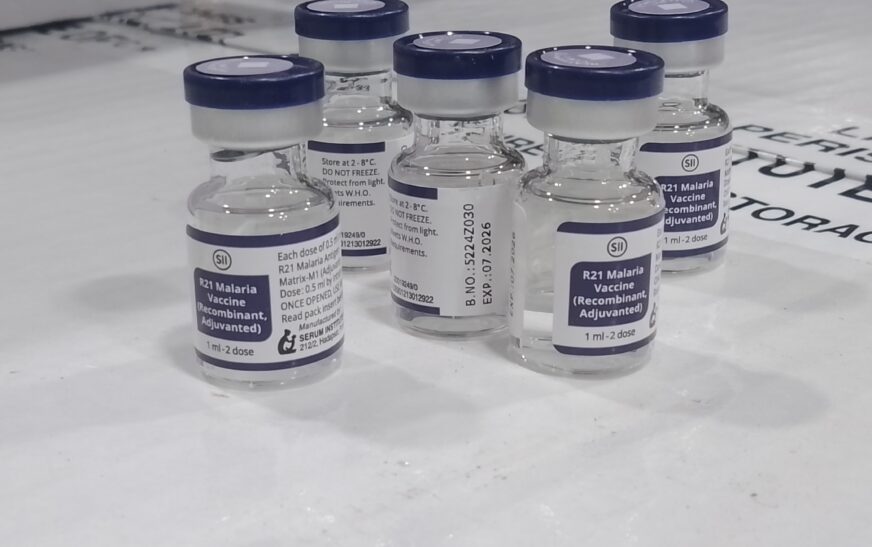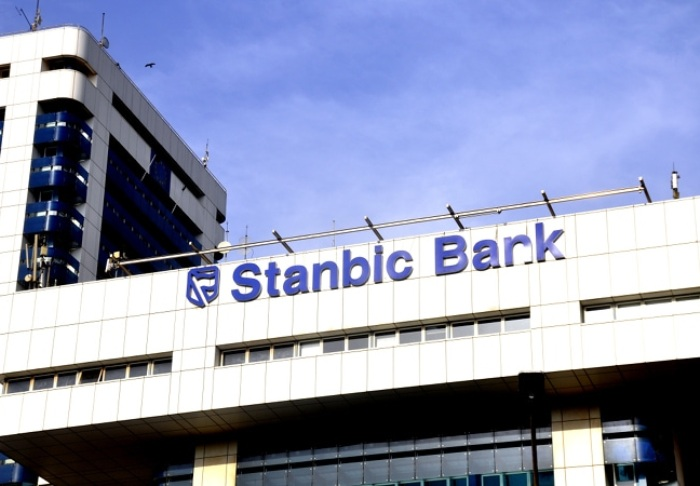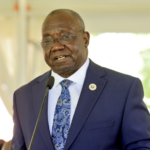The Minister of Health, Dr. Jane Ruth Aceng Oceroh, has flagged off the distribution of 2.278 million doses of malaria vaccines to 105 districts with high and moderate malaria transmission. This marks a significant milestone in Uganda’s fight against malaria. The vaccine rollout will eventually extend to the entire country.
This initiative is supported by Gavi, the Vaccine Alliance, with co-financing from the Government of Uganda. UNICEF is responsible for procuring and air-freighting the vaccines to ensure timely delivery of a high-quality product.
The malaria vaccine will be integrated into Uganda’s routine immunization schedule starting in April 2025, targeting children under two years old. It is the largest malaria vaccine introduction to date in terms of districts covered and target population. The vaccine will be administered in four doses—at 6, 7, 8, and 18 months—to provide optimal protection during early childhood, when children are most vulnerable to the disease.
Malaria remains the leading cause of illness and death among young children in Uganda. The introduction of the vaccine is expected to significantly reduce severe cases and fatalities among children under five years old.
Government Commitment to Disease Prevention
Speaking at the flag-off event, Dr. Aceng reaffirmed the government’s dedication to strengthening disease prevention and building a resilient healthcare system.
“The introduction of the malaria vaccine in Uganda is a historic step forward in our fight against this deadly disease. With the support of Gavi, UNICEF, and other partners, we are ensuring that every eligible child has access to this life-saving intervention,” she said.
UNICEF, responsible for vaccine procurement and transport, highlighted the importance of this milestone for child health and immunization in Uganda.
“Today, we turn a page in Uganda’s health story. With the introduction of the malaria vaccine, we are delivering hope for children. The national immunization schedule now includes 14 vaccines, among the highest in Africa. We must ensure these vaccines are delivered safely and efficiently, and we urge all parents to ensure their children receive the full range of vaccines, including the new malaria vaccine,” said Dr. Robin Nandy, UNICEF Representative to Uganda.
Global Support for Malaria Vaccine Rollout
Gavi, which coordinates the global malaria vaccination program, has supported 17 African countries in integrating the vaccine into their routine immunization programs. The organization also provides financial support for vaccine procurement, transport, and distribution.
Billie Nieuwenhuys, Senior Country Manager for Uganda at Gavi, commended Uganda’s commitment to protecting its most vulnerable children.
“The efforts made to prepare for what will be the world’s largest malaria vaccine introduction to date are a testament to the Government of Uganda and its partners. As we celebrate Gavi’s 25th anniversary, we are excited about the potential of our newest vaccine program to save tens of thousands of lives each year while reducing the devastating burden malaria places on families, communities, and health systems.”
The World Health Organization (WHO) played a key role in evaluating the first malaria vaccine and generating the evidence that led to its approval. WHO continues to provide guidance, share best practices, and offer technical support to ensure successful implementation in Uganda and other countries.
A Comprehensive Malaria Control Strategy
The Ministry of Health expressed gratitude to Gavi and its core partners—UNICEF, WHO, PATH, and CHAI—for their contributions. The rollout of the malaria vaccine aligns with Uganda’s broader strategy to combat malaria through a combination of interventions, including: Insecticide-treated mosquito nets, Indoor residual spraying, Seasonal malaria chemoprevention and Effective case management
The government urges parents and caregivers to bring their children to health facilities for the malaria vaccine as part of routine immunization services.



















